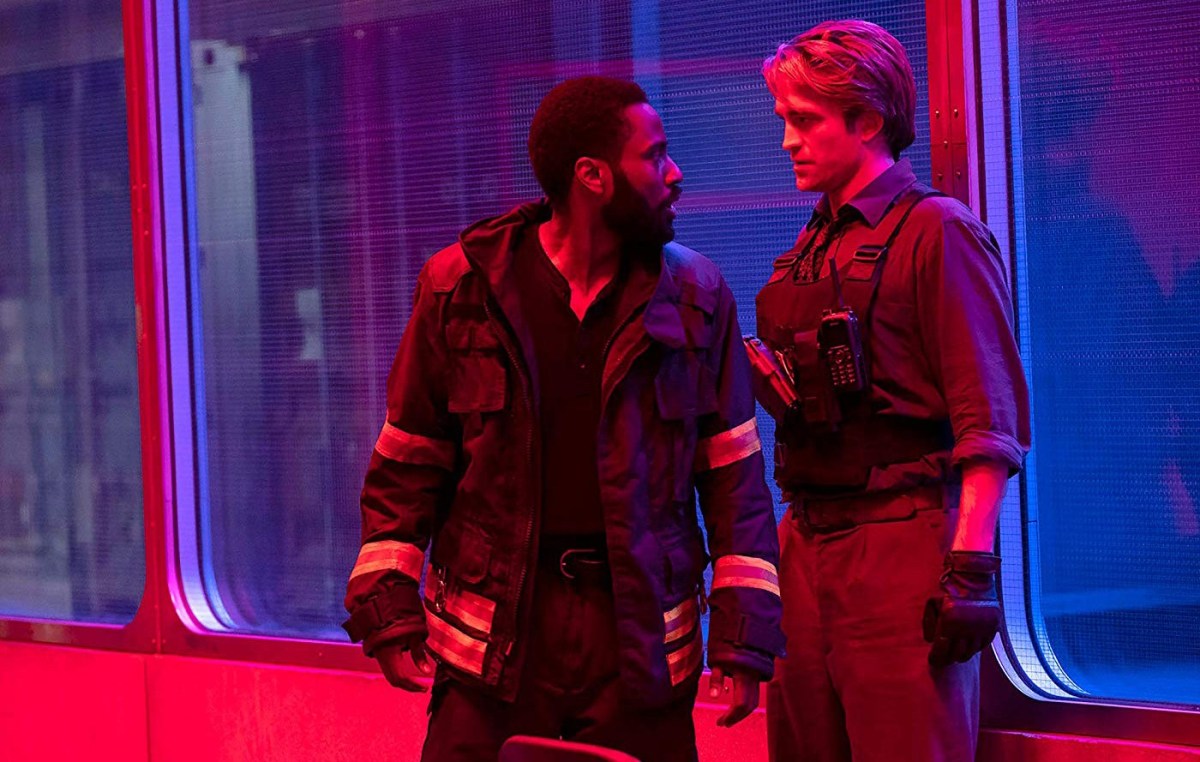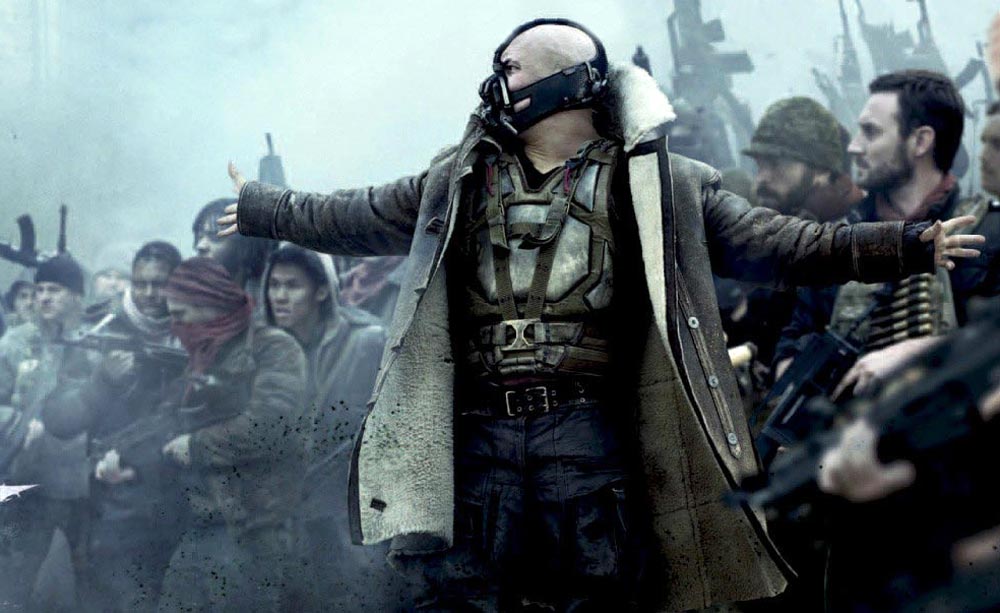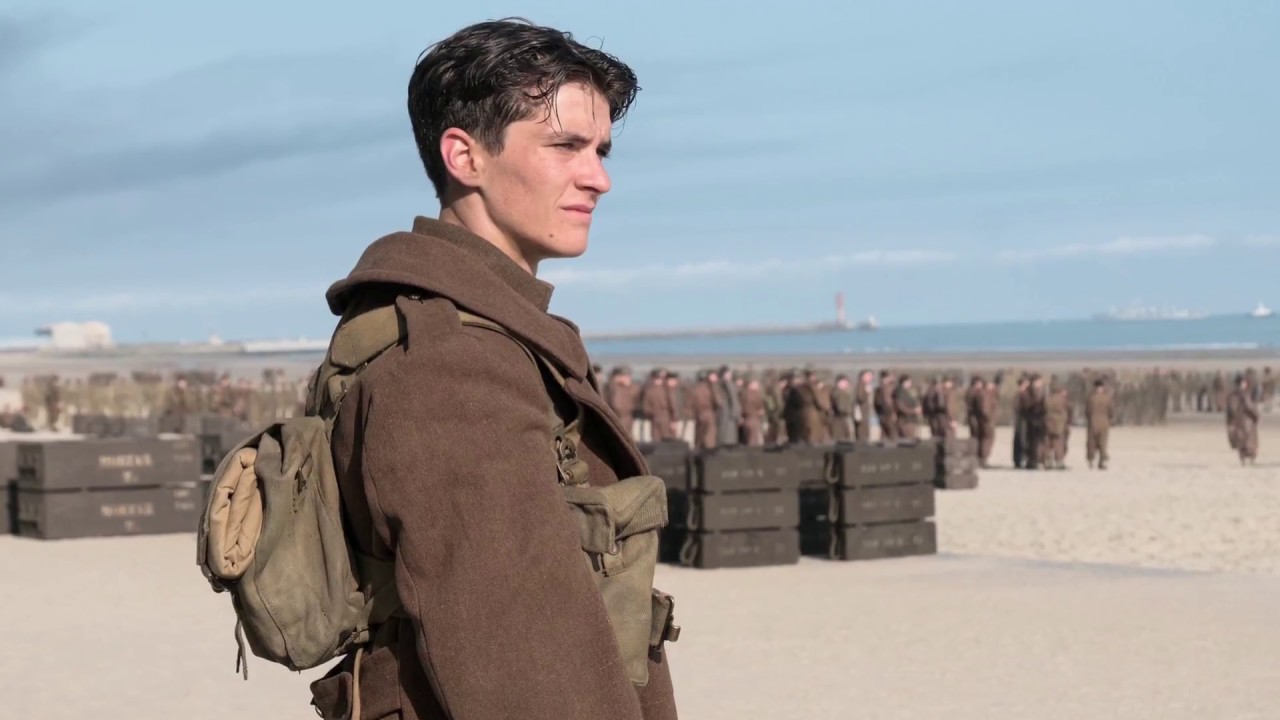
Arguably no name in the business creates as much fuzz, anticipation and polarizing reactions as Christopher Nolan. In an industry where every other auteur seems to have been pigeonholed indefinitely into streaming platforms, the Londoner is the closest thing to a superstar we have left. He’s part of a dying breed of filmmakers who can demand gargantuan budgets and full creative freedom to any given studio and still get away with it.
By operating in that blurred line between conventional commerciality and high-concept auteurism, he’s earned a place as one of the most important directors of our time. Love him or hate him, nobody else encapsulates Millennials and Gen Z’s cinema tastes better than Nolan. In an era driven by established franchises and online criticism, the Londoner has risen to the occasion with the perfect storm of fairly accessible but thought-provoking movies custom-made for mass consumption.
He’s second to none when it comes to crafting bright, inventive concepts, even though he often has a hard time wrapping his arms around them. His most arduous of critics point out to his paper-thin characters and self-aggrandizing vanity as his Achilles heel separating him from the pantheon of legendary directors. Casual audiences and box office returns would disagree since, after all, each one of his movies is an event of its own.
Hot on the heels of the announcement for his next project — an Oppenheimer biopic due for 2023 — what better timing than now to look back and pass sentence on each of his eleven movies to date.
11. Tenet (2020)

Nolan has always been, first and foremost, a conceptual director. Ever since his early debut, characterization has taken a back seat to his intricate plot puzzles. For the most part though, there’s still a semblance of emotional core that holds his movies together and — to a certain extent — makes it easier to stomach his excessive penchant for dry info dumps.
Sadly, that isn’t the case with Tenet. In his latest mindbender yet, Nolan seems in a race with himself to prove he can fit as much stuff as ever, coming up with his most impenetrable plot to date. From palindromes and inverted physics to an uninspired Bond-esque spy scheme — the film is deliberately bloated and obtuse, almost as if to reaffirm its own cleverness. Nolan’s weaknesses have never been as apparent as in his latest endeavor — it almost feels like he thought of the big set pieces first and then tried to build a story around them. He’s so uninterested in his characters here that he didn’t even bother naming them and half of the dialogue is inaudible.
By the end of the film, Tenet is so far removed at an emotional level that, no matter how huge the stakes seem, it’s hard to care at anything happening on screen at all.
10. The Dark Knight Rises (2012)

Let’s not beat around the bush — The Dark Knight Rises has aged like milk and simply doesn’t hold up on its own anymore. In 2012, with expectations through the roof, Christopher Nolan faced arguably his biggest challenge — to live up to a cultural behemoth like The Dark Knight and deliver a satisfying conclusion to the most influential superhero saga since Sam Raimi’s Spider-Man. As luck would have it, both trilogies suffered a similar fate. Overstuffed narratives and a surplus of villains are some of the many underlying problems with their respective final (and painfully mediocre) installments.
In the case of this movie, Tom Hardy’s take on Bane falls completely flat — even moreso coming off Heath Ledger’s iconic Joker. But it’s Nolan seeming incompetence at wrapping things up that hurts it the most. We’re left with a bloated three-hour victory lap full of baffling inconsistencies and shoehorned subplots that don’t amount to nothing — never quite justifying its own pomposity. If there’s something to be learned from this epic misfire is that bigger doesn’t necessarily mean better.
9. Insomnia (2002)

If there’s one movie in Nolan’s oeuvre that’s fallen out of favor even among his staunchest supporters, that’s Insomnia. There are some reasons — some more warranted than others — why it’s been swept under the rug and widely dismissed as a ‘minor’ work. For starters, this remake of a 1997 Norwegian film of the same name in no shape or form improves upon its source material. As a whole, it also feels the most detached from Nolan’s signature style — closer to something David Fincher or Michael Mann would put together. The film does make use of one of Nolan’s narrative staples — nonlinear storytelling — to amplify the foggy atmosphere and mental burden of our insomniac protagonist. But especially when pitched against some of his later high-voltage thrillers, Insomnia can feel kind of tame — a film with a lot of build-up that doesn’t quite pack a punch.
As for the positive aspects of this film, Insomnia certainly benefits from its rather small scale and limited budget. As we’ve learned on many occasions throughout his career, Nolan tends to get carried away when he’s handed a blank check to do exactly what he wants (case in point: the previous two entries of this list). Overall, Insomnia is a solid (if a bit innocuous) affair that’s probably gotten an excessive bad rap among the fanbase.
8. Following (1998)

One underrated value of revisiting early works by great directors is how rewarding it can be to notice the gradual evolution and artistic strides they make throughout the years. Christopher Nolan’s directing debut is no exception. The film follows a struggling young writer too curious for his own good who crosses paths with a small-time crook, only to find himself embroiled in a criminal scheme.
By the time of its release, Nolan had a long way until coming to his own as a filmmaker and growing into the household name he is today. But still, Following offers us a glimpse of many motifs that would eventually become trademarks in his career — including a nonlinear structure, clever plot twists and undercooked female characters. As an amateurish effort made on a shoestring budget ($6,000), this film can feel rough around the edges if you decide to judge it without proper context. Granted, Nolan’s narrative chops would need some ironing out, but all things considered he crafted a serviceable debut that serves as a good steppingstone for better things to come.
Overall, this is definitely worth a watch for any completionist out there who’d like to see Nolan take his first baby steps towards stardom.
7. Dunkirk (2017)

In the past few years, we’ve experienced something of a growing trend with big directors who go outside their comfort zone and test their limitations. Their safest bet in order to claim some silverware come awards season has been, by far, the period war film. From Mel Gibson to Sam Mendes most recently, we’ve gotten plenty of auteurs trying their luck at this oversaturated subgenre that the top brass in Hollywood seems to eat up. Nolan, who by this time of his career feared he’d be forever typecast as a director of spandex-wearing vigilantes, decided to follow in Spielberg’s footsteps and make his own gritty World War II epic.
Similar to Mendes’ 1917, Dunkirk was marketed at the time of its release as a visual wonder without precedent — a one-of-a-kind experience you could only pay justice by witnessing it in the biggest IMAX screen. There’s no denying that the film feels monumental in size and scope, and on a purely technical level you could argue Nolan has yet to reach the same heights again. But at the end of the day, Dunkirk is nothing more than an exercise in style — a pretty impressive one at that — that ultimately fails to provide any kind of meaningful introspection or moral takeaway.